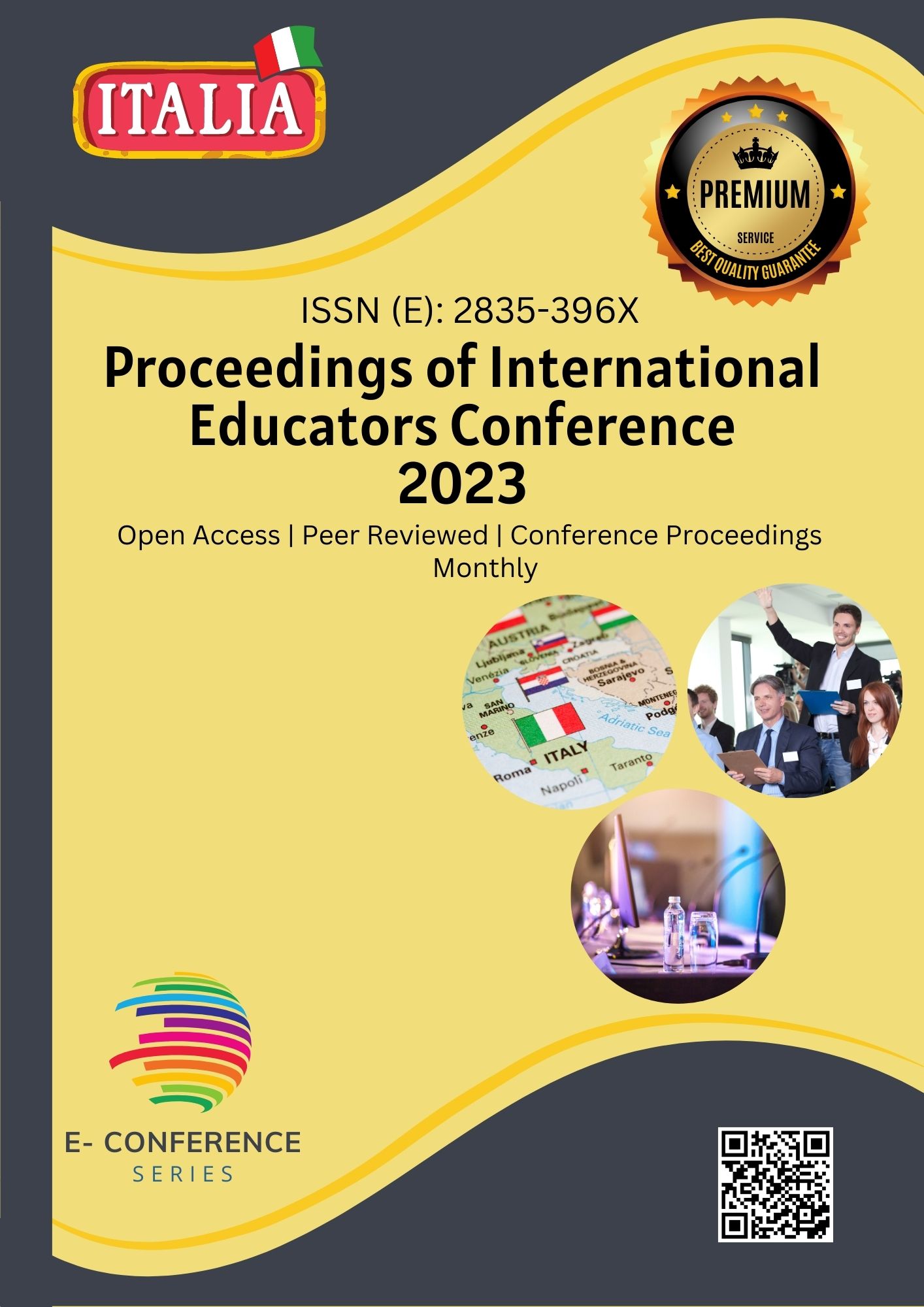TEACHING ENGLISH AT PRIMARY SCHOOL LEVEL: IMPROVING ENGLISH LANGUAGE SKILLS
Keywords:
teaching English; language learning; primary school; language skills; bilingual; methodology.Abstract
The purpose of this research paper is to identify the methodology for teaching English to primary school children as well as strategies for improving language skills. More than half of the world's population is clearly bilingual. As a result, the demand for language learning is increasing. The acceleration of globalization processes, the transition to free market relations, and the promotion of the use of high-tech manufacturing increase the demand for "linguistic capital," or specialists who have a perfect command of foreign languages (especially English). The experience of reducing the age of learning/teaching foreign languages is becoming popular in order to ensure quality and efficiency in foreign language education. This was caused by the widespread concept of "the younger the better / early is better". As a result, the authors attempt to thoroughly examine the methodology of teaching English language and methods of improving language skills. It can be concluded from the research findings that the results are currently unsatisfactory. The authors identify a research gap in the language learning process. Below, some suggestions and language learning strategies are given for further investigations.
References
Fayzievna, H. M. (2012). Ways Of Professional Training Of Children With The Limited Opportunities. Social and Natural Sciences Journal.
Habibov, N. (2012). Early childhood care and education attendance in Central Asia. Children and Youth Services Review.
Jackson, R. (2011). The origin of Camphill and the social pedagogic impulse. Educational Review. https://doi.org/10.1080/00131911.2010.510906
Melis, E., & Weber, M. (2003). Lessons for (Pedagogic) Usability of eLearning Systems. Proceedings of World Conference on E-Learning in Corporate, Government, Healthcare, and Higher Education.
Downloads
Published
Issue
Section
License

This work is licensed under a Creative Commons Attribution-NonCommercial 4.0 International License.








